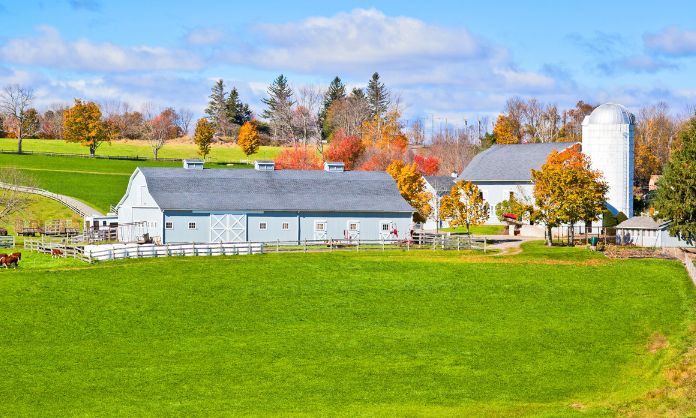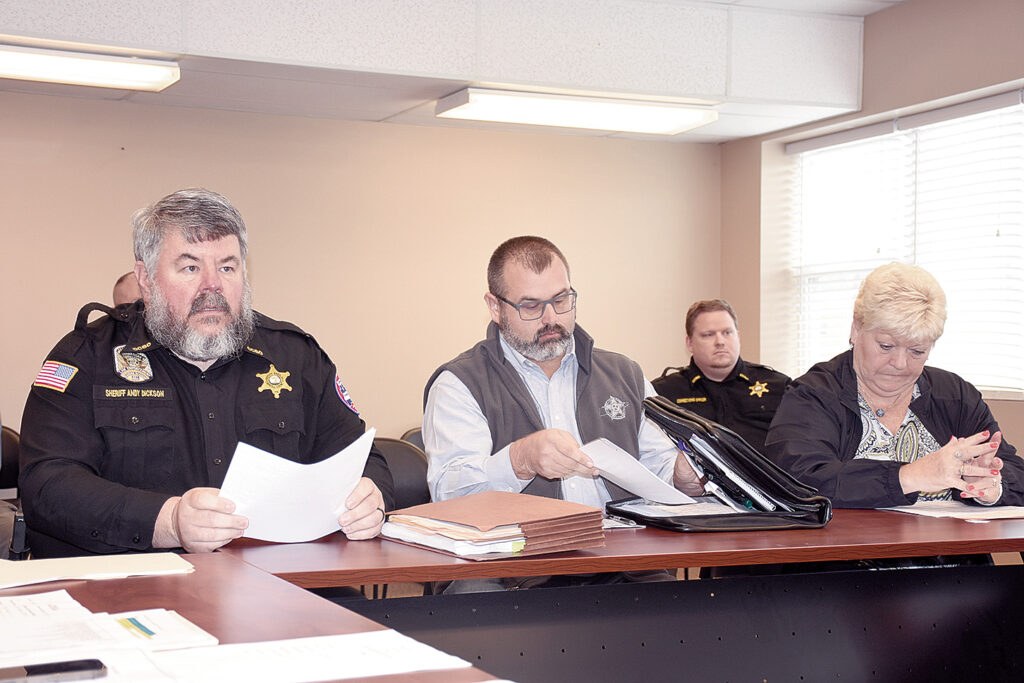
When you’ve raised livestock and worked the land together, but your marriage falls apart, what happens to the family farm or ranch in a divorce? The best answer is, “It depends.”
Community Property States
Arizona, California, Idaho, Louisiana, Nevada, New Mexico, Texas, Washington, and Wisconsin are “community property” states. In Tennessee and South Dakota, couples can create a community property trust, and in Alaska, they can “opt-in” to community property rules.
In a community property state, assets that the couple acquired during their marriage belong to both spouses. Inheritances, gifts, property acquired before the marriage or during separation, certain debts (like student loans), and property deliberately kept separate are not. But sometimes, actions like commingling money, spending an inheritance on the couple’s house, or working together in a business can transform separate property into community property.
Divorcing couples can negotiate how to divide their property and ask the court to approve their agreement. If they can’t agree on how to divide their property, the court will divide it for them. It won’t always be an even 50-50 split. Instead, the court will consider each partner’s role in the marriage and ability to support themselves after the divorce. They’ll also consider the duration of the marriage and child custody to come up with a just property division.
Equitable Distribution
In non-community property states, the state law will establish how courts are to divide property “equitably.” Equitable means fair, not equal. In community property states, couples can agree on how to divide property, but if they can’t settle the matter themselves, the court will divide the property. Sometimes, this means assigning a percentage of the property to each spouse. This type of division can result in one partner receiving a percentage of the value of total assets the couple owns rather than a physical division of the property.
Dividing a Ranch or Farm
Property division gets complicated when dealing with a ranch or a farm the couple has lived on, worked at, and operated as a business together. What happens to the family farm or ranch in a divorce can get contentious when the property came to one spouse through inheritance, but the other has contributed substantial labor and expertise in operating the property.
In addition to valuing the land itself, there may be many other assets that require valuation. This includes livestock, stud fees and breeding concerns, equipment, oil, water, and mineral rights, and the value of the labor each spouse puts into the business.
Other assets include relationships with employees, suppliers, customers, and clients. Complicating factors may include the interests of additional family members who work on the farm or ranch. Tax treatment is different for agricultural property too.
Partners who have lived on and worked at a farm or ranch together should seek separate legal counsel when dividing their assets. The expert should be experienced in property division for farms and ranches and offer advice about potential outcomes and how to protect interests.
If your marriage and property are in Texas, consider hiring an experienced Texas divorce lawyerto handle the complexities of dividing marital property. The same is true for Tennesseans, who may or may not create a community property trust. Any divorcing couples in other states where the couple, or one partner in the marriage, owns farm or ranch property, should also consider hiring this type of lawyer.







